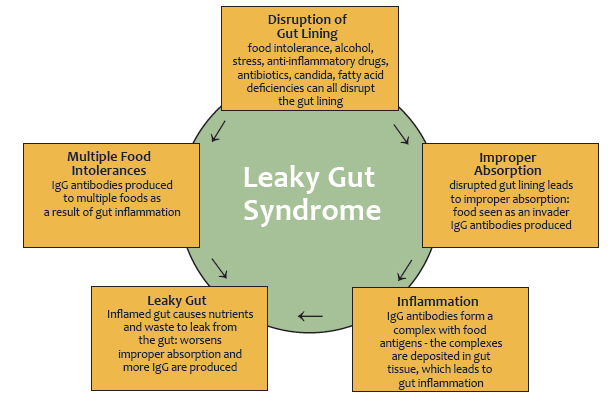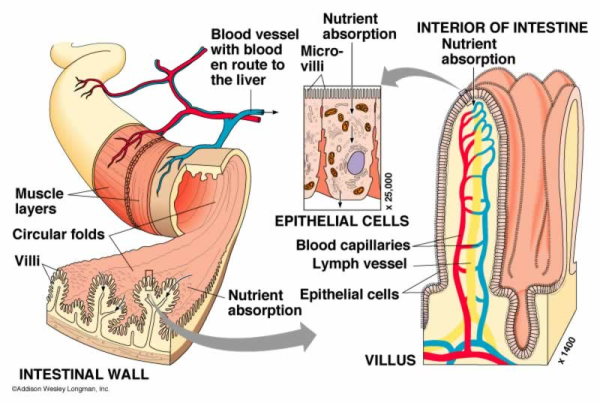Resetting Gut Microbiota Reset Sanity
Resetting Gut Microbiota for healthy brain
There are millions of bacteria inhabiting the human body. Many of them are harmful, but many of them are not only benign but downright essential to the proper functioning of the human body. The prevalence of antibiotic treatments has affected the balance of bacteria in the body. Laxatives, surgical procedures, and heavy metals have also adversely impacted the balance of microbes in the digestive systems of many individuals. we are therefore going to focus this discussion on resetting gut microbiota to restore our sanity back.
What is the effect of this imbalance?
The deficiency of beneficial gut bacteria naturally affects healthy gut function, with the resulting symptoms of diarrhea, constipation, flatulence, stomach cramps, and bloating, as well as other digestion-related diseases such as celiac and Crohn’s disease. Obesity, inflammatory bowel disease (IBS), and nutritional deficiencies are also linked to the imbalance between beneficial and harmful bacteria.

Resetting Gut Microbiota a perfect way of Resetting Sanity
However, more and more research is also pointing to a link between gut health and mental health. Studies in Norway, for instance, have shown that high levels of certain bacteria were found in fecal samples of depressive patients. Whereas studies in mice fed probiotics rich in Lactobacilli show that the mice were less likely to react adversely to stress and exhibited lower anxiety.
Many studies have been conducted on the actions of Lactobacilli, and it has been found to release GABA (gamma-aminobutyric acid), a neurotransmitter which calms nervousness. Anti-anxiety drugs such as Valium and Xanax work by targeting GABA receptors. Other chemicals secreted by microbes include serotonin and dopamine, neurotransmitters responsible for determining and regulating mood.
Depression, anxiety, and disorders such as autism and hyperactivity have also been shown to be affected and caused by imbalances in the gut microbiota. The harmful microbes in the gut are somehow able to penetrate the blood-brain barrier and affect neural pathways. Many psychiatric diseases are being linked with microbial imbalances.
At the Integrative Addiction Conference (http://regenerativepotential.com/integrativeaddictionconference/), one of the questions under discussion will be: How can gut microbiota be reset?
There are a few steps that can be followed to create the most beneficial microbial environment.
- Sugar
Sugar has been found to impact negatively gut flora. The changes associated with diets that are high in sugar also include detrimental effects to long- and short-term memory. Sugar is very quickly digested and leaves nothing for the microbes to consume, with the result that they start to consume the lining of the intestine, leading to leaky gut syndrome and allowing the harmful bacteria to enter the bloodstream more easily. Sugar also feeds other organisms such as Candida albican, a fungal infection with many wide-reaching effects.
- Diet
Eating more leafy green vegetables is high on the list of ways to reset gut bacteria. Unlike sugars, plant-based diets provide a smorgasbord for the microbes, allowing them to perform their functions and also encourages a wider diversity of beneficial bacteria. Diets high in animal proteins and fats also affect gut flora and inflammation.
- Antibiotics
The wide-spread use of antibiotics in the treatment of disease severely impacts gut flora. Antibiotics, particularly broad-spectrum antibiotics, cannot differentiate between harmful and commensal bacteria, and can wreak havoc on our gut microbiota. Fortunately, the negative effects of antibiotics can be countered with probiotics.
- Anti-microbial cleaners
Like antibiotics, anti-microbial and antiseptic cleaners destroy all microbes, not just the harmful ones. Exposure to a range of “germs” will increase the variety of and diversify the microbiota in your body. Eliminating all forms of bacteria from surfaces and in our homes will have a detrimental effect on the essential bacteria you need. This also applies to the chlorine used to purify drinking water and in swimming pools – this chlorine can seriously affect gut flora further explaining why resetting gut microbiota i essential.
- Fermented foods
Fermented foods offer a broad range of probiotic benefits, and in fact, can be more effective than probiotic supplements. Unsweetened yogurt, sauerkraut, kombucha tea, and pickles all contain a wide spectrum of beneficial bacteria.
- Stress
There are any studies that show a link between stress and gut health meaning that resetting gut microbiota is very vital. The constant pressure that stress places on the endocrine system affects the immune response of your body, with the result that the immune system starts attacking the bacteria in your gut. Learning to relax and recharge will ease the pressure on the immune system.
- Sleep
Dr. David Perlmutter explains in his book Brain Maker: “When cortisol levels go up in the morning, the gut bacteria inhibit production of cytokines, and this shift defines the transition between non-REM and REM sleep. Hence, disruption of the gut bacteria can have significant negative effects on sleep and circadian rhythms. Balancing by resetting the gut, break through insomnia.”
The opposite is also true: disruption of sleep patterns can also negatively impact gut flora.
- Exercise
Studies in professional athletes showed that their intestinal microbiomes were far more diverse compared to normal people. In the book The Good Gut: Taking Control of Your Weight, Your Mood, and Your Long-Term Health, scientists Justin and Erica Sonnenburg write: “Several physiological changes that result from exercise, such as increasing intestinal transit time (or flow rate) through the gut, influencing metabolism, and altering immune function, are known to affect the microbiota.”
Resetting gut health can also reset mental health as the microbes present in the gut become more effective and reduce the negative psychological effects of poor gut health.
For more information on the topic of resetting gut microbiota and the link to psychological disorders, visit http://regenerativepotential.com/integrativeaddictionconference/ and register to attend the Integrated Addiction Conference, where this and many similar topics will be under discussion.










